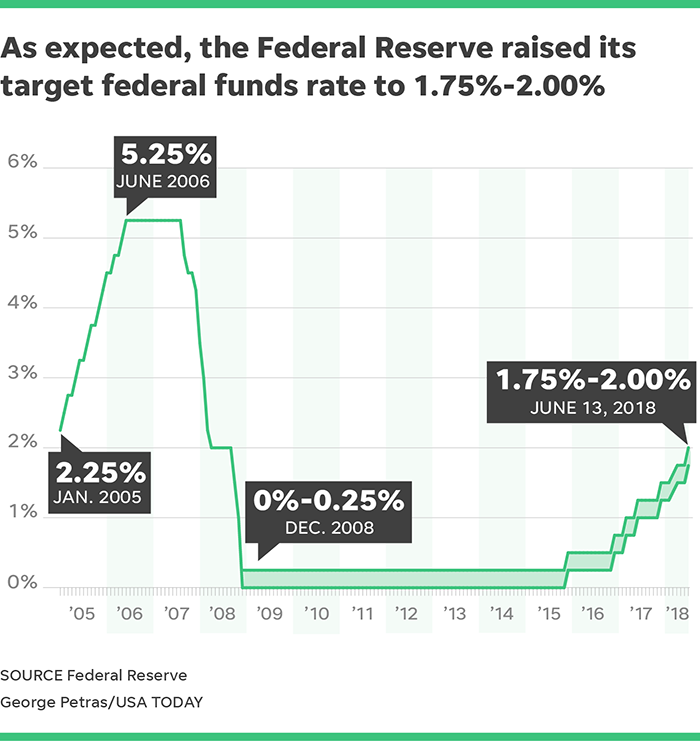The Truth About Daycare: Separating Fact From Fiction

Table of Contents
Debunking Daycare Myths
Let's tackle some of the most persistent myths surrounding daycare.
Myth 1: Daycare Harms Child Development
Contrary to popular belief, high-quality daycare doesn't harm a child's development; in fact, it can significantly benefit it. Numerous studies demonstrate that children in quality daycare settings often exhibit enhanced social-emotional development and cognitive growth.
- Language Acquisition: Research shows that children in daycare environments often acquire language skills faster due to increased interaction and exposure to diverse vocabulary. [Link to study 1]
- Social Skills Development: Daycare provides ample opportunities for children to learn crucial social skills like sharing, cooperation, and conflict resolution, skills less readily developed in a solely home-based environment. [Link to study 2]
- Academic Readiness: Studies suggest that children who attend quality daycare programs enter kindergarten better prepared academically than their peers who haven't had similar experiences. [Link to study 3]
The quality of daycare is paramount. A well-run center with qualified caregivers, a stimulating curriculum, and a nurturing environment can significantly impact a child's development. Conversely, a poorly-run daycare may not offer these benefits.
Myth 2: Daycare Increases the Risk of Illness
While it's true that daycare exposes children to more germs, leading to a higher frequency of minor illnesses in the short term, this increased exposure actually strengthens their immune systems over time. This helps build resilience against future illnesses.
- Hygiene Practices: Reputable daycare centers maintain high standards of hygiene, including regular handwashing, cleaning, and disinfection.
- Vaccinations: Vaccinations remain crucial in protecting children from serious illnesses, regardless of their daycare attendance.
- Temporary Nature: The increased frequency of minor illnesses is usually temporary, and children typically adjust and become less susceptible as their immune systems mature. [Link to statistics on daycare illness rates]
Parents play a crucial role in managing illness. Open communication with daycare providers and prompt action when a child is sick are vital.
Myth 3: Daycare is Too Expensive
The cost of daycare is a significant concern for many families. However, numerous options can help alleviate the financial burden:
- Government Subsidies: Many governments offer subsidies or financial assistance programs to help families afford daycare.
- Tax Credits: Tax credits for childcare expenses can significantly reduce the overall cost.
- Employer-Sponsored Childcare Benefits: Some employers offer childcare benefits, including on-site daycare or subsidies.
- Different Daycare Types: Costs vary significantly depending on the type of daycare: in-home care is often less expensive than center-based care, for example.
Exploring these options can make quality daycare more accessible.
The Benefits of Quality Daycare
Beyond dispelling myths, it’s vital to understand the significant benefits high-quality daycare offers.
Socialization and Emotional Development
Daycare provides a rich environment for social and emotional growth:
- Peer Interaction: Children learn to interact with peers of different ages and backgrounds, fostering cooperation, negotiation, and conflict resolution skills.
- Emotional Intelligence: Through interactions with caregivers and peers, children learn to express and manage their emotions effectively, developing empathy and self-regulation skills.
- Sharing and Turn-Taking: Structured activities and playtime encourage sharing, turn-taking, and understanding social cues.
Cognitive Stimulation and Learning
Structured activities and play-based learning in a good daycare significantly stimulate cognitive development:
- Early Literacy Programs: Daycares often implement early literacy programs that introduce children to books, storytelling, and phonics.
- Numeracy Skills: Play-based activities and structured learning help develop early numeracy skills.
- Creative Expression: Art, music, and dramatic play encourage creative expression and self-discovery.
- Engaging Learning Environment: A stimulating environment is key to maximizing cognitive development.
Parental Support and Peace of Mind
Daycare offers significant support for parents:
- Structured Routines: Daycare provides a structured daily routine, beneficial for children's development and providing predictability.
- Communication with Caregivers: Regular communication with caregivers keeps parents informed about their child's progress and well-being.
- Focus on Work/Other Responsibilities: Daycare frees parents to focus on work, other children, or personal pursuits.
Choosing the Right Daycare
Selecting the right daycare is a crucial decision.
Factors to Consider When Selecting a Daycare
Use this checklist to guide your search:
- Teacher-Child Ratio: A lower teacher-child ratio ensures more individual attention.
- Licensing and Accreditation: Check for proper licensing and accreditation to ensure the daycare meets safety and quality standards.
- Safety Measures: Assess the daycare's safety features, including security measures, emergency plans, and playground safety.
- Curriculum: Review the daycare's curriculum to ensure it aligns with your child's developmental needs and your parenting philosophy.
- Cleanliness: Observe the cleanliness of the facilities, both indoors and outdoors.
- Parent Reviews/Testimonials: Seek out reviews and testimonials from other parents.
- In-Person Visit: Always visit potential daycares in person to get a feel for the environment.
Asking the Right Questions
Ask these important questions:
- Staff Qualifications: Inquire about the qualifications and experience of the staff.
- Disciplinary Methods: Understand their approach to discipline.
- Daily Routines: Learn about their daily schedule and activities.
- Health and Safety Procedures: Understand their policies regarding illnesses and accidents.
- Emergency Plans: Inquire about their emergency procedures.
Making Informed Decisions About Daycare
High-quality daycare can be beneficial to a child's development. By understanding the truth about daycare and dispelling common myths, you can confidently select a high-quality childcare provider. Remember to carefully consider the factors discussed in this article, prioritizing a safe, nurturing, and stimulating environment. Don't let misconceptions about daycare cloud your judgment. Start your search for the right daycare today!

Featured Posts
-
 Madeleine Mc Cann Look Alike Detained At Uk Airport
May 09, 2025
Madeleine Mc Cann Look Alike Detained At Uk Airport
May 09, 2025 -
 Silniy Snegopad Ostavil 45 000 Chelovek V Sverdlovskoy Oblasti Bez Sveta
May 09, 2025
Silniy Snegopad Ostavil 45 000 Chelovek V Sverdlovskoy Oblasti Bez Sveta
May 09, 2025 -
 Sag Aftra Joins Wga Complete Hollywood Production Halt
May 09, 2025
Sag Aftra Joins Wga Complete Hollywood Production Halt
May 09, 2025 -
 U S Federal Reserve Interest Rate Decision A Balancing Act
May 09, 2025
U S Federal Reserve Interest Rate Decision A Balancing Act
May 09, 2025 -
 7 Year Reunion High Potential Finale Features Familiar Faces
May 09, 2025
7 Year Reunion High Potential Finale Features Familiar Faces
May 09, 2025
Latest Posts
-
 High Potential Still A Psych Spiritual Powerhouse 11 Years On
May 09, 2025
High Potential Still A Psych Spiritual Powerhouse 11 Years On
May 09, 2025 -
 High Potential Finale Two Actors From 7 Year Old Abc Series Reunite
May 09, 2025
High Potential Finale Two Actors From 7 Year Old Abc Series Reunite
May 09, 2025 -
 High Potential Analyzing The Risky Season 1 Finale And Its Success
May 09, 2025
High Potential Analyzing The Risky Season 1 Finale And Its Success
May 09, 2025 -
 The Impact Of High Potentials Season 1 Finale On Abc
May 09, 2025
The Impact Of High Potentials Season 1 Finale On Abc
May 09, 2025 -
 7 Year Reunion High Potential Finale Features Familiar Faces
May 09, 2025
7 Year Reunion High Potential Finale Features Familiar Faces
May 09, 2025
